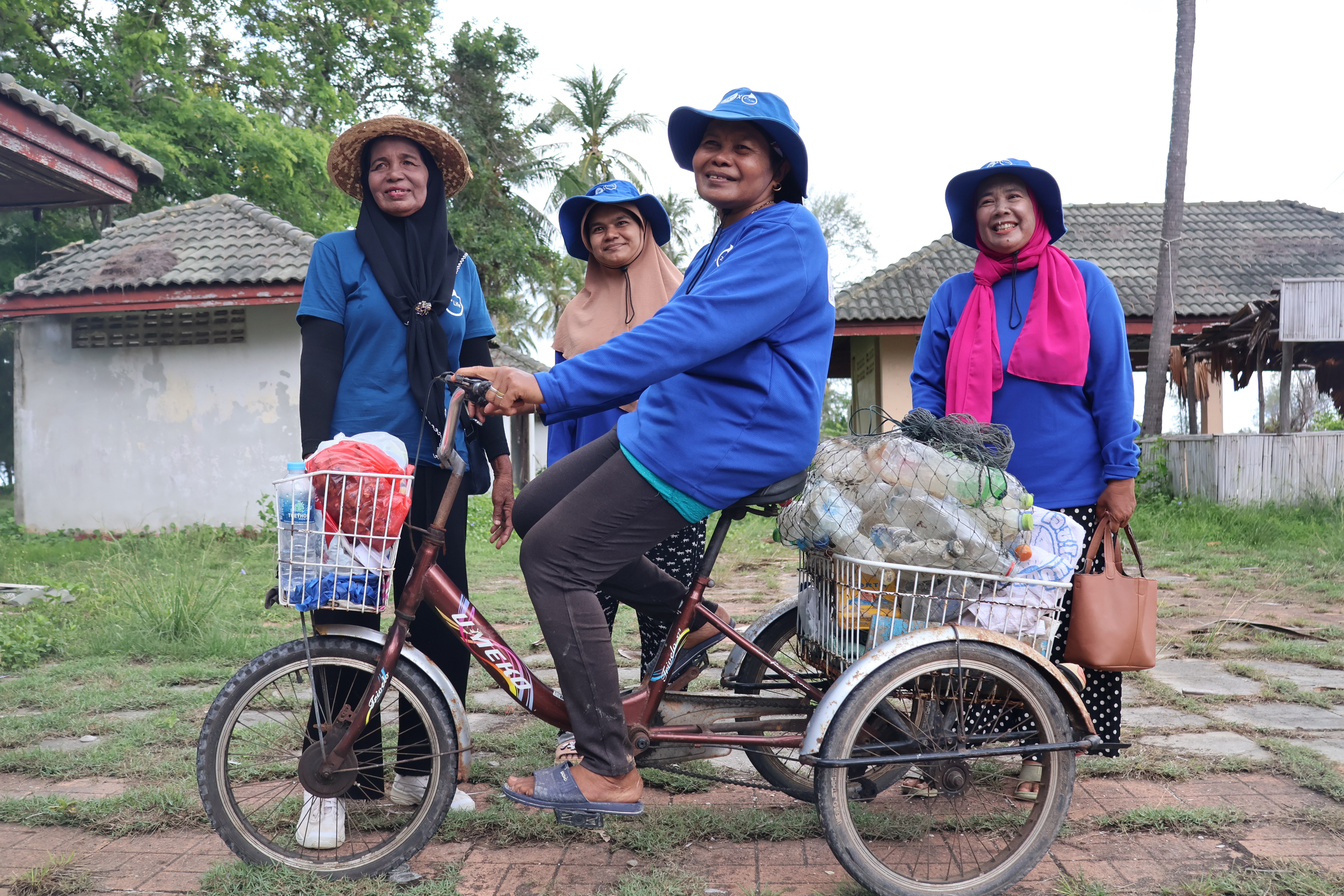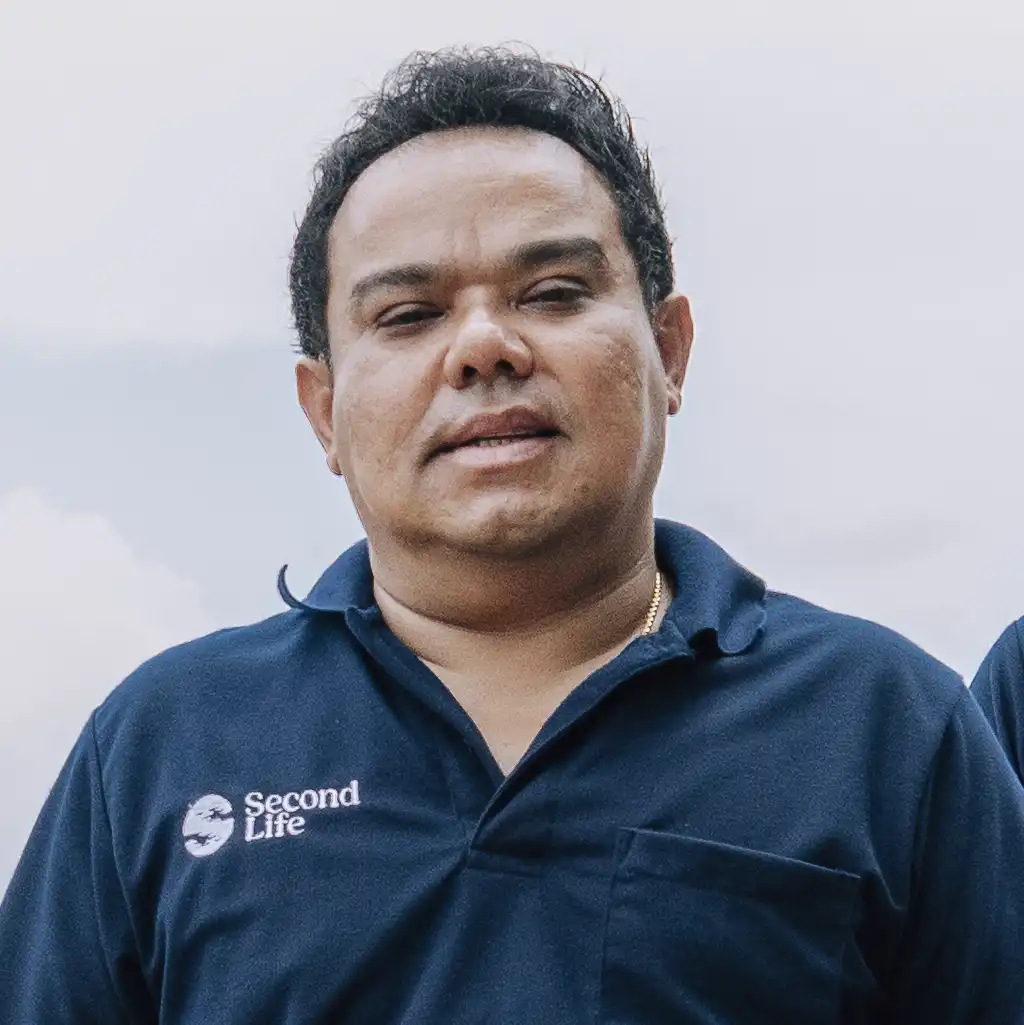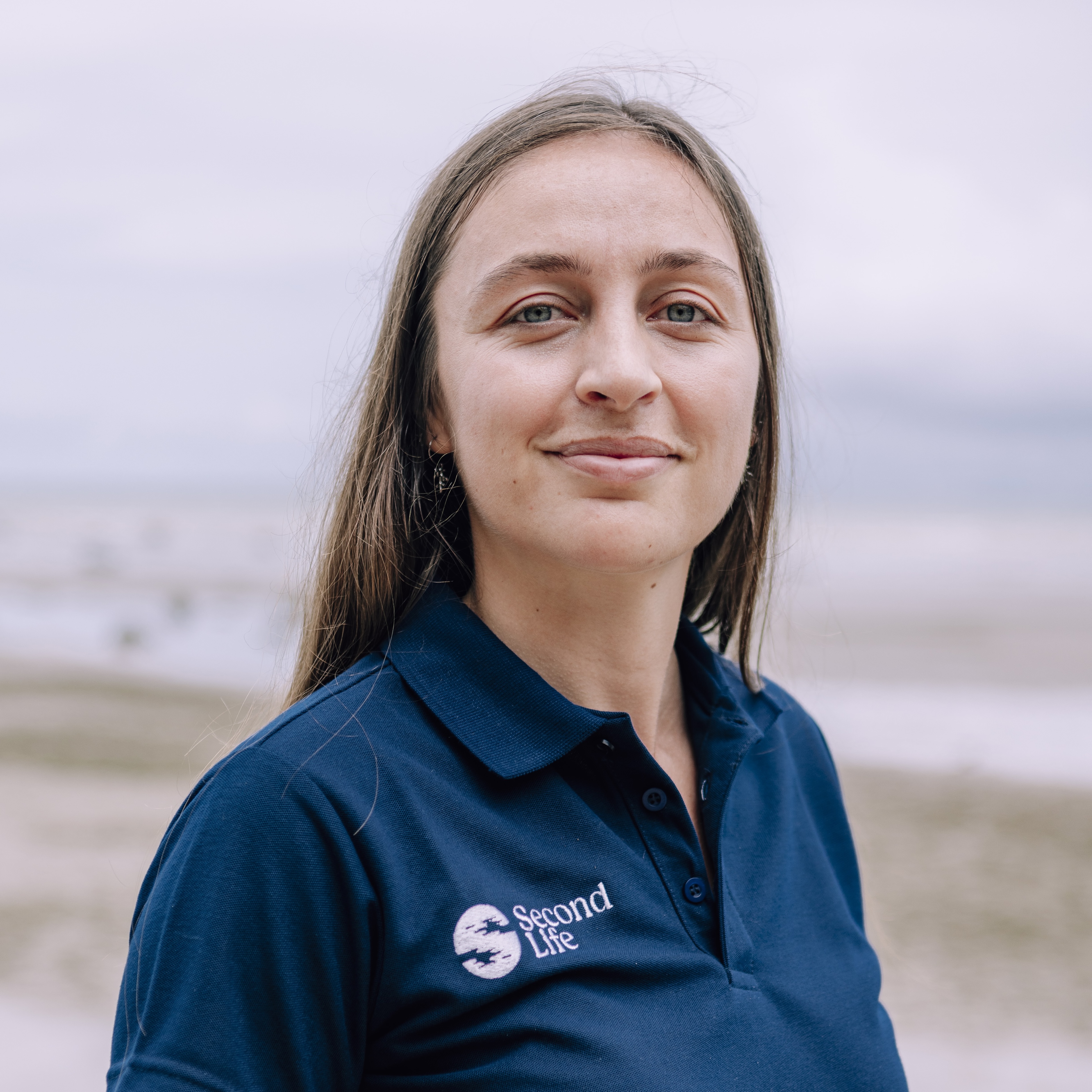We’re on a mission
to turn the world’s
plastic supply chain into
a fully circular loop
Supported by global brands, engaged in local impact.












































of ocean plastic waste collected and recycled/processed since 2020.
has been distributed directly to local collectors and recyclers as incentives since 2020.
local people positively impacted by the Second Life project since 2020.
Our story

First 600 metric tons collected and recycled in Thailand with Caudalie.
Aware that the cosmetic industry has its part to play in solving plastic pollution, Caudalie turned to our founder, Tristan Lecomte and his company PUR, and together they began a journey to recover plastic waste.

World’s first Verra-certified plastic project
Leveraging his Verra-certification experience in the carbon sector, Tristan Lecomte led Second Life through the process, making us the world’s first Verra-certified plastic collection and recycling project.
We team up with Clarins to amplify our impact.

Independence and 4,000 metric tons removed
Second Life has split from PUR and now runs independently, after having already diverted 4,000 metric tons of plastic from the ocean.

5,000 metric tons, and counting
We reached a total of 5,000 metric tons of ocean plastic.
Our partner circle expanded with local companies, among them Thai Union and Traveloka, joining the fight.
.webp)
Expanding to Indonesia
We’re solidifying our base in Thailand: now offering recycling feedstock capacity and delivering a real nationwide waste-management solution.
At the same time, with the help of committed clients, we’re expanding our model to Indonesia, amplifying both social and environmental impact.
Our team
STEP 1
Ocean plastic collection from islands and coastlines
We collect plastic waste from isolated coastlines with no waste systems.

STEP 2
Local collector network & fair incentives
We reinject value at every stage: providing fairer pay for collectors and covering extra transportation, sorting, and operational costs.

STEP 3
Verra-certified, blockchain-secured traceability
Each kilogram is tracked from shoreline collection to final recycling, and independently verified under Verra’s Plastic Waste Reduction Standard.

STEP 4
Powering the circular economy by closing the loop
Every recovered plastic piece is recycled or processed. Nothing goes to landfill.

STEP 5
Empowerment of women & vulnerable communities
We create jobs, provide training, and support local resilience in the fight against plastic pollution.











